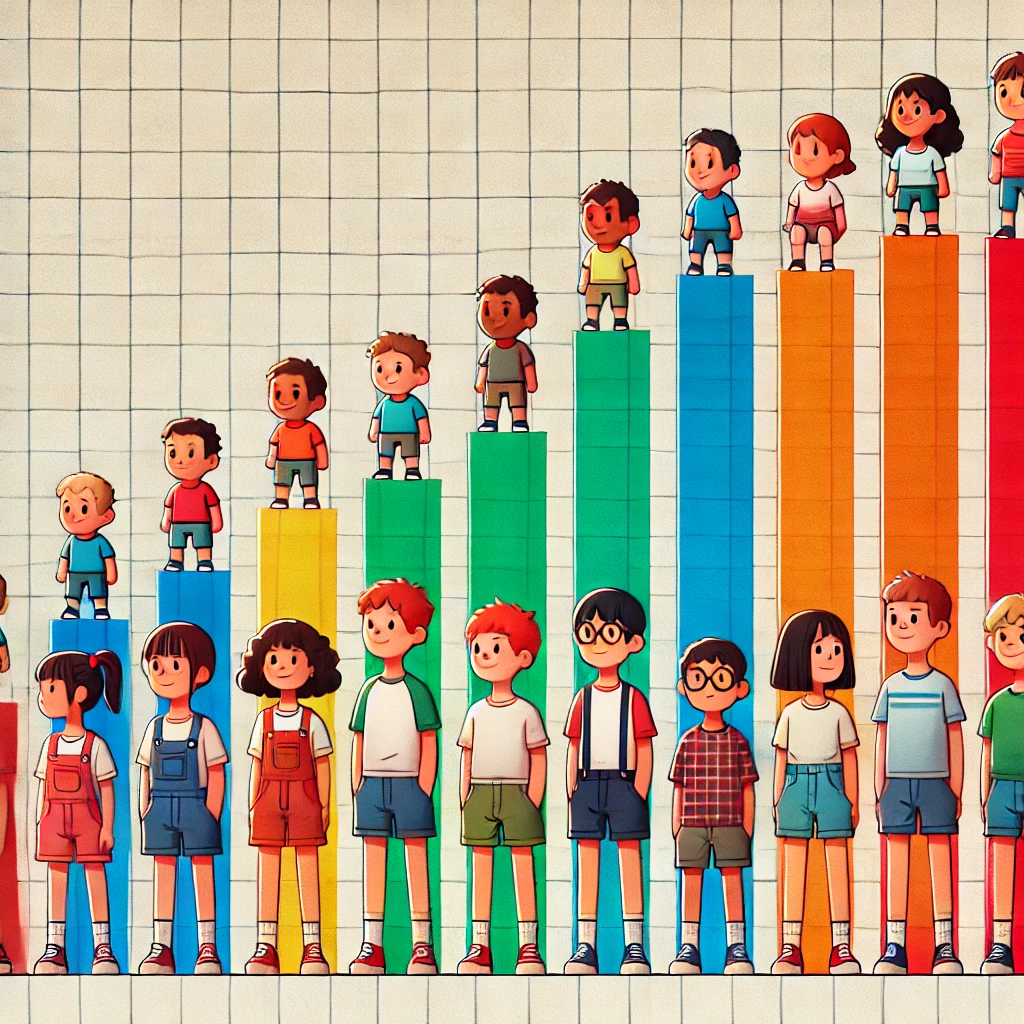Introduction
On December 9, 2024, the Ministry of National Education, Children and Youth and the University of Luxembourg presented the fourth National Education Report. (Click here for the LinkedIn post)
This report also contains a new study. The study is called: “The educational success of autistic children in Luxembourg primary schools”. Andreia Costa and Maïte Franco conducted this study. They work at the University of Luxembourg and are researching how autistic children fare at school.
We at HASILUX explain the most important results of this study here in simple language so that more people can understand them.
Why is this study important?
Autistic people often have:
- Difficulties in social situations
- Problems communicating with others
- Certain behaviours that are often repeated
- Very special interests for certain topics
In Luxembourg, nobody knows exactly how many people have autism. New studies from America show: About 1 in 36 children has autism.
Autistic children in Luxembourg can attend various schools:
- Normal schools without extra help
- Normal schools with additional support
- Special schools (competence centres)
- Sometimes a mixture: some days at the normal school, some days at the special school
What did the study examine?
Researchers at the University of Luxembourg wanted to understand:
- How well do autistic children learn in normal schools?
- What grades do they get?
- How do teachers rate their performance?
- How do they differ from non-autistic children?
Who participated?
Participants in the study were
- 19 autistic children (15 boys, 4 girls)
- 18 non-autistic children (10 boys, 8 girls)
- All the children were between 6 and 12 years old
- All of them attended a primary school in Luxembourg
What did the researchers find out?
Regarding abilities:
- The autistic and non-autistic children had the same mental abilities
- Both groups had a similar IQ score (90 for autistic and 96 for non-autistic children)
Regarding school grades:
- The autistic children had lower grades in most subjects
- Especially in these compartments
- Mathematics
- Sport and health
- Arts
- Life and society
Regarding teacher assessments:
- The teachers rated the autistic children as weaker than their classmates in almost all subjects
- The difference in languages was not so great
- The non-autistic children were mostly rated as equally good or better than their classmates
Regarding educational support:
- Almost all autistic children (17 out of 19) received additional help at school
- Only 2 autistic children attended a normal class without extra help
- 2 children went to a special school for autistic children on some days
Standardised report card grades of autistic and non-autistic children
Note: * Statistically significant group differences. Standardised grading scale: higher values mean better grades.
Source: National Education Report Luxembourg 2024 – page 78
What do these findings mean?
The study shows:
- Autistic children possess the same mental abilities as other children
- However, they often achieve lower academic results
- They often require special support at school
- The researchers suggest several explanations:
- The school environment could be better adapted
- Support services could be improved
- Autistic children often have difficulties with communication and social situations
Future directions
The researchers want to investigate further:
- Understanding why autistic children get lower grades despite having the same mental abilities
- Identifying ways to create more autism-friendly school environments
- Determining which forms of support are most effective
The study was conducted by the University of Luxembourg and supported by the Luxembourg Research Fund (FNR).
Source
The text comes from the National Education Report Luxembourg 2024. Important parts have been summarised for the HASILUX platform and translated into simple language.

